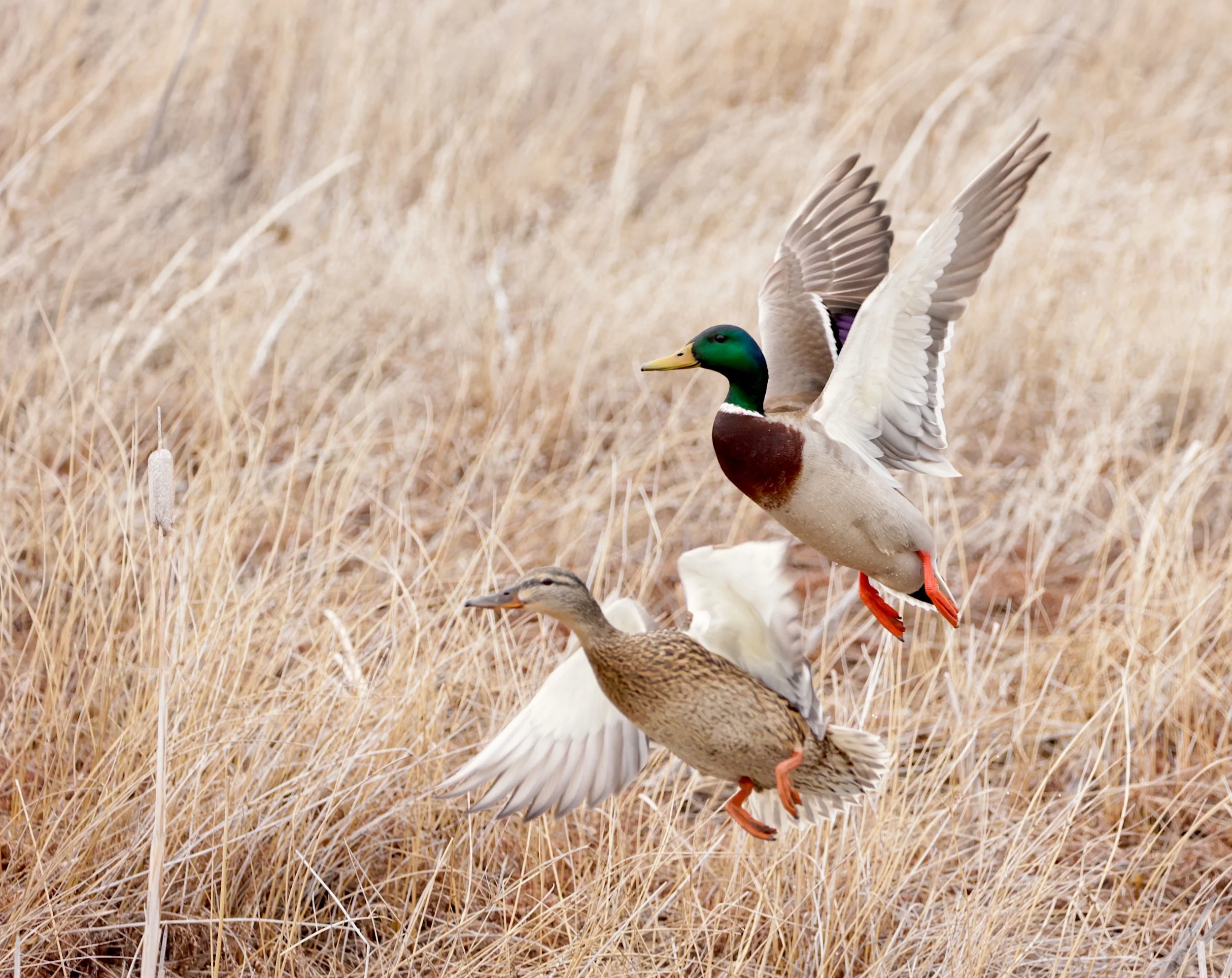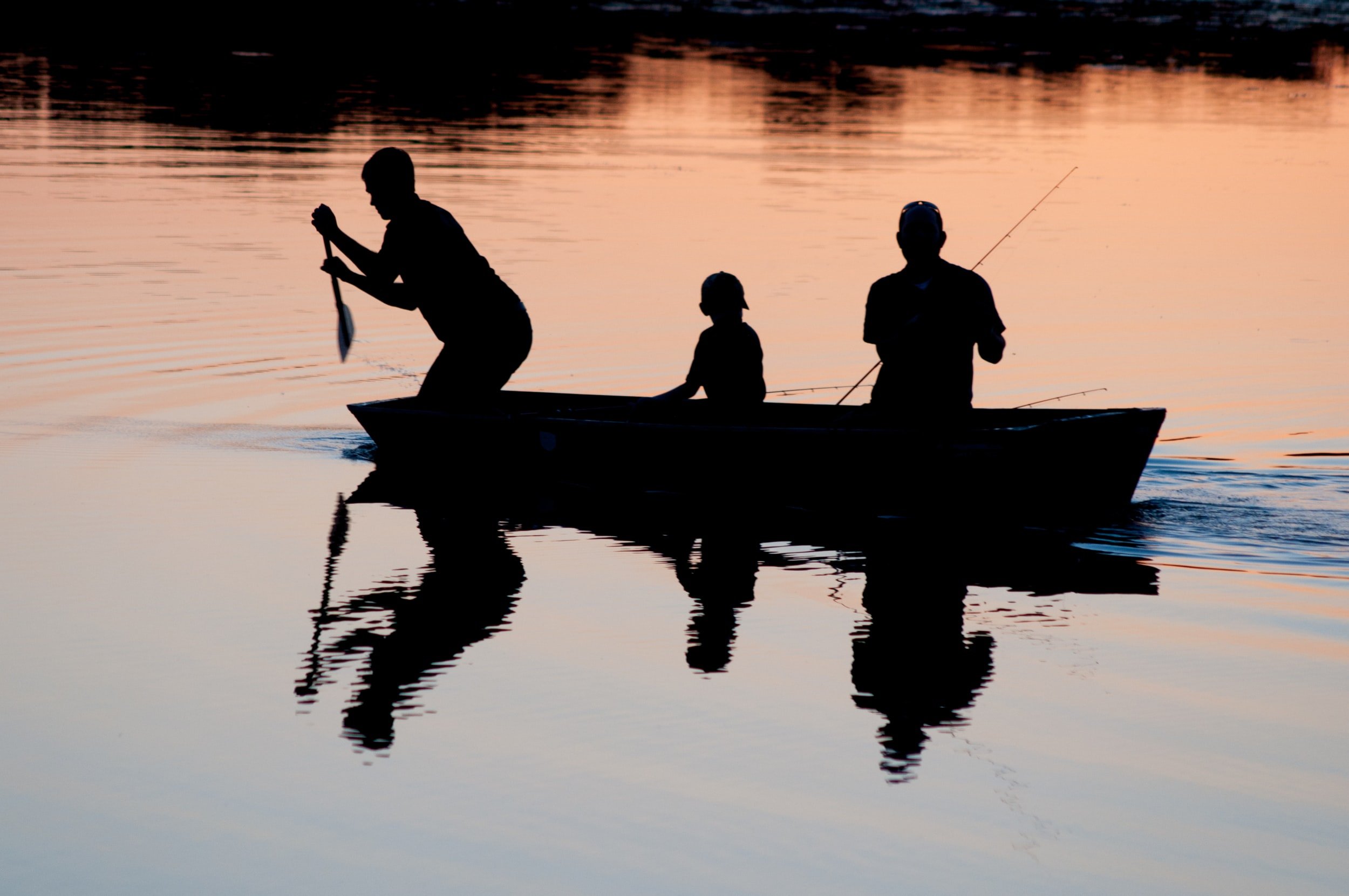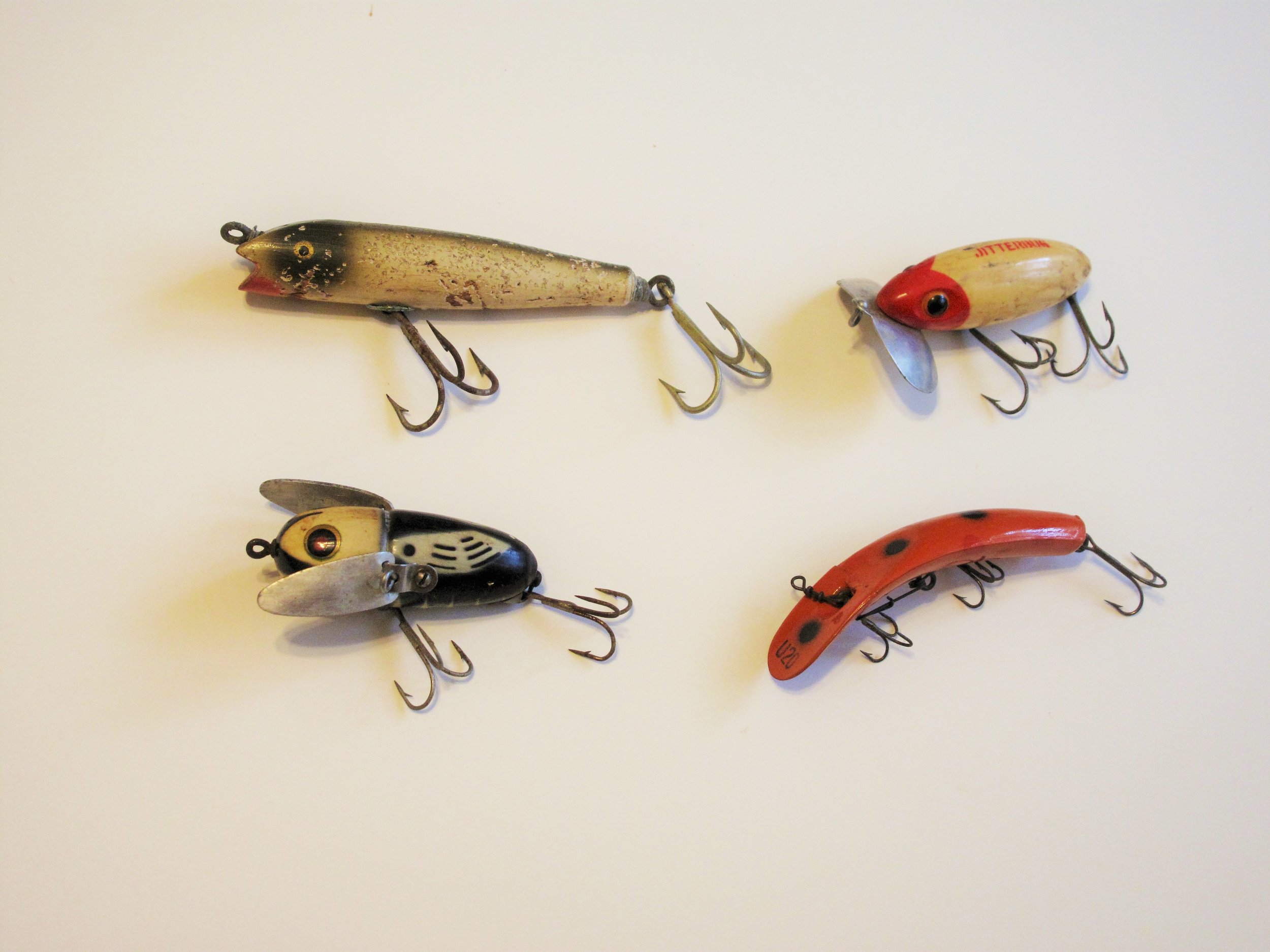Killing To Save Them
Biologists and wildlife managers spent years educating the general public about the balance of Nature, then years more trying to clear up the misperception -- because their isn't a balance.But that doesn't mean humans shouldn't try to maintain a balance in Nature.It's like this: plants and animals constantly strive to survive and increase their numbers. When conditions are optimum, they thrive. When conditions are poor, they decline. Sometimes they even disappear. Ask the next T. Rex you see about that.The problem with this constant competition is human interference. We know "it's not nice to fool Mother nature," but we fool with her all the time. When we plant fields, we eliminate native plants and the animals that depend on them. When we build a highway we kill thousands of animals and remove their living spaces. When we build houses we replace the wild plants and animals that lived on that space. But when we tranform a pine forest to a bluegrass lawn, we increase the robin population while decreasing the pine grosbeak population. When we dam (damn?) a river we might destroy the migratory spawners like sturgeon and salmon, but create utopia for lake species like carp and smallmouth bass.Just be going about our business, living our lives, we fool with Mother Nature and upset her "balance." What we must learn to do is accept our roles in compensating for the imbalances we cause.This is no time nor place for the weak-hearted. In order for some species to thrive, nay merely survive, we may need to kill (that's right, kill) other species. This necessity causes no end of hand wringing and wailing by self-proclaimed animal lovers who have limited knowledge or appreciation of reality. Because these folks prefer to pretend that every creature in Nature lives pain-free, happy, naturally abundant lives, they refuse to understand that reality demands death in exchange for abundant life. Yes, humans sometimes must kill certain plants and animals so that others may live.Recently the Oregon Department of Fish and Wildlife (DFW) asked the federal government for permission to kill a bunch of cormorants in order to protect endangered salmon. Cormorants (several species) are a robust, duck-like, diving, fish eating bird that is thriving in part because humans have made so many fish-producing reservoirs. Salmon are a river-spawning fish that are declining for the same reason -- we turned their rivers into lakes.Common sense would suggest that, because we harmed salmon by plugging their rivers and doubly harmed them by increasing their predators, it is our job to either remove the dams or reduce the numbers of cormorants, just as we've had to reduce the numbers of salmon-eating sea lions below Bonneville Dam. Just as we've paid to reduce populations of salmon-eating norther pike minnows from the man-made reservoirs. Just as we may need to reduce the populations of terns now nesting on man-made islands in the lower Columbia. Each of these salmon-eating species has increased thanks to man-made changes to the world. Shouldn't we have the common sense and guts to correct our mistakes?Ah, but there's the rub. Despite our confessions at environmentalism, the vast majority of Americans will vote to keep the dams that provide their electricity. In fact, given the option between abundant wildlife and easy living, most of us pay lip service to the environment but readily sacrifice it for the easy living we've gained by out alterations to the planet. We demand power at the flick of a switch. We demand the right to gas up the guzzler and drive a mile for a quart of milk or a movie.We love wildlife, but not if it gets in the way of Internet connection.This reality suggests that we had better face the hard facts. If we've created unnaturally large populations of any abundant plant or animal that is in turn causing the reduction of rare or struggling species, it is our obligation to reduce the population of the artificially abundant species. We must realize that, with some 7 billion humans sucking up the finite quantity of biomass on Earth, we can't have unlimited people and unlimited wildlife. Something has to give, and unless we are willing to sacrifice human lives, or at least many of our energy-consuming ways, we'd better be prepared to sacrifice the most abundant animal lives in order to perpetuate less abundant species.Wildlife management is not just washing our hands and walking away. It is not eating only vegetables and pretending that has no negative impact on animals. It is not agitating to save every animal live, no matter the cost. Wildlife management is sometimes down and dirty. Often it is the experience and wisdom to know when it is time to kill some animals in order to save others.Our demands for the easy life have consequences in the natural world. It is our obligation to balance what remains.# # #











